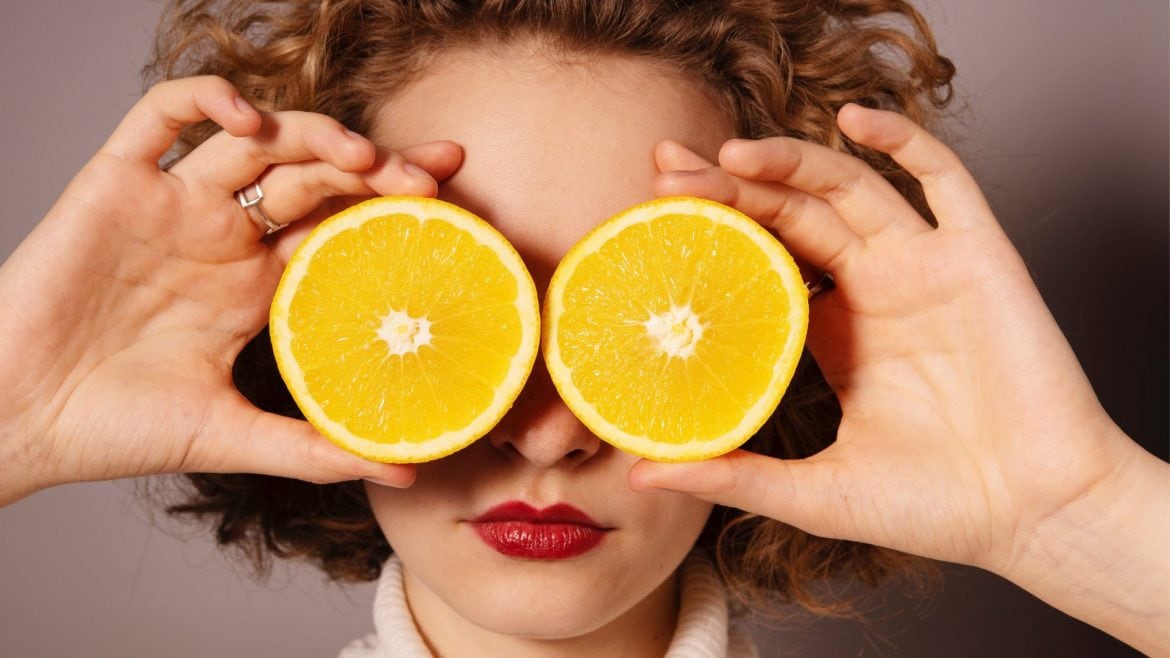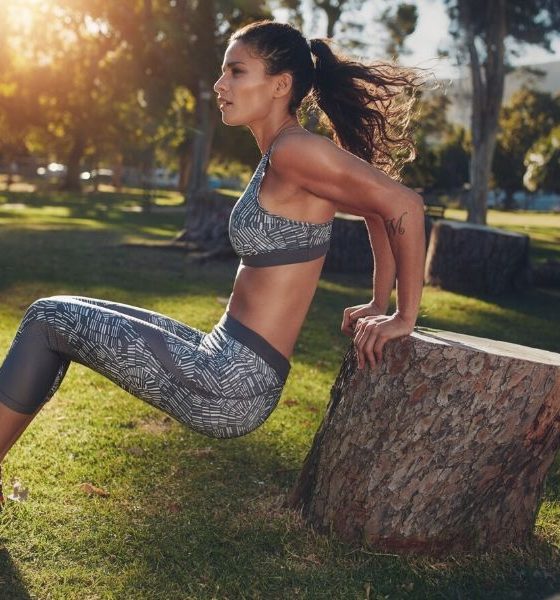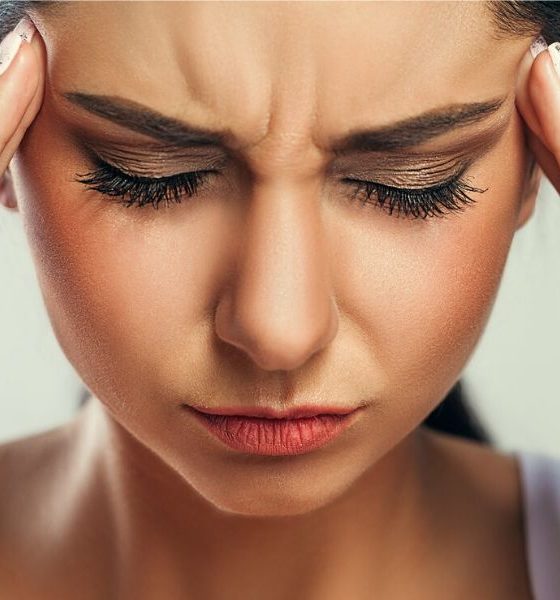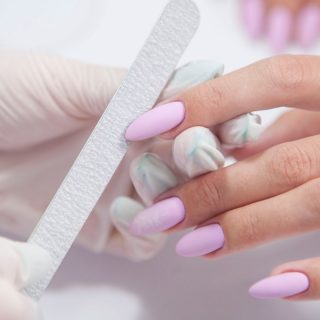Do You Need Vitamins In Your Beauty Routine?

Eating 5 fruit and vegetables a day and drinking plenty of water is a great way to get vitamins and minerals into our body.
However, when it comes to our hair and skin, is it enough to keep it healthy?
Or should we be adding more vitamins to our beauty routine in other ways?
This is a question many women find themselves asking, and according to celebrity dermatologist Dr Chytra V Anand, aka the ‘Beauty Doc’, the answer is a resounding yes!
The founder of the internationally renowned Kosmoderma Clinics, says while a balanced diet is very important, it is also vital to add vitamins and minerals externally via skin care lotions, creams, and ointments.
That is because topical applications like these, stimulate local action. Which results in an over 90% absorption rate when they are put onto your skin.
So, the question that needs asking shouldn’t be ‘do you need vitamins in your beauty routine?
But rather ‘which vitamins should I add to my beauty routine?
JUMP TO:
Which Vitamins do you Need for Glowing Skin?
For those who want to use skincare products like Life Botanics, which are vitamin-enriched, in their beauty routine, here is what you should be looking out for.
Vitamin A
Vitamin A is essential, as it is the only molecule that has the properties to reprogram cells.
Often referred to as retinoid – particularly when referenced in skin care products and terms – it can affect the behavior of cells to ensure they turn over quickly and thus enhance their renewal.
Vitamin A can also improve your skin’s balance and elasticity, as well as boost collagen levels and stimulate fibroblasts.
This can lead to you having healthier skin, as well as a reduction of pigmentation spots, fine lines, and other visible signs of aging like open pores.
For this reason, it is also commonly used to treat conditions like oily skin, acne and seborrheic.
Vitamin B3
Also known as niacin or Niacinamide, Vitamin B3 takes the form of a water-soluble vitamin. It is very beneficial to the body as it can improve your digestive system, help to retain calcium, boost your memory, and even lessens the effects of anxiety.
Regularly found in serums and skincare creams, niacin acts as an effective topical agent. Containing both anti-inflammatory and anti-aging properties, it serves to renew and soothe the skin by energizing the cells. This, in turn, minimizes post-acne blemishes and marks.
Vitamin B3 is celebrated for its ability to work in conjunction with your skin’s natural substances to counter dullness, tight or enlarged pores and uneven skin tone.
It does this by preventing your pores from getting clogged up. As well as by restoring and renewing the surface of your skin from the loss of moisture – by improving ceramide production.
As a strong antioxidant, Vitamin B3 also works very well with Vitamin C, as well as glutathione, to provide you with a bright and even skin tone, by eliminating darker spots.
Vitamin B5
Vitamin B5, or Pantothenic acid, as it is regularly referred to, is good for staving off skin conditions like flakiness, itchiness, and dryness.
It does this by reducing water loss and thus enhancing moisture retention. It also provides a good level of protection for your skin, against sunburn and other redness that can be caused by prolonged exposure to UV rays.
In addition, Vitamin B5 also stimulates glutathione production. A very powerful antioxidant that combats free radical damage.
Vitamin C

Another dynamic antioxidant, it not only strengthens your skin’s defense against potential damage from the sun but also fights signs of premature aging – such as fine lines and pigmentation.
As well as being photo-protective, it can also stave off free radical damage, and can even speed up the healing of wounds and protect against infections too.
Creams and serums that have Vitamin C in them provide a very welcome boost to your skin’s immune system. They can also restrict the increased breakdown of your skin’s barrier as well as slow down premature signs of aging.
By assisting with collagen synthesis and managing the production of melanin, it can also help to renew skin and lighten pigmentation spots.
Typically, L ascorbic acid is the stable form of Vitamin C. If you use serums and creams that feature it, be sure the minimum percentage present is at least 15 to 20%.
Vitamin E
Similar to Vitamin B3 and C, Vitamin E also acts as a strong antioxidant.
As it is fat-soluble, it works wonderfully well as a soothing cream for burns and inflammation, as well as a moisturizer.
Its most active form is Alpha-tocopherol which assists with the production of elastin and collagen to help your skin rebuild and rejuvenate.
When combined with Vitamin E, it offers strong photo protection to the skin by absorbing UV light. While in conjunction with Vitamin C, it can effectively target free radicals.
Vitamin K
Predominantly known for its anti-inflammatory properties, Vitamin K is also very good at assisting the vasculature of the skin.
It does this by inducing quick blood clotting and reducing both swelling and bruising.
After surgery, it is often used in cream formulations that are designed to heal wounds and reduce swelling.
These types of creams are also regularly employed in beauty routines to reduce the appearance of dark circles.
Beauty Routine Final Thoughts
At the end of the day, a beauty routine should focus on what you put in your body, as well as what you put on your body.
If you exercise regularly, drink lots of water, eat healthily and add extra vitamins in the form of creams and serums every day, you will soon have glowing skin to be proud of!





